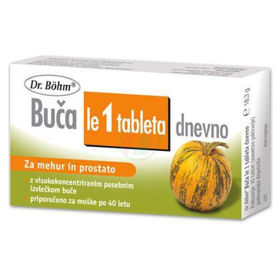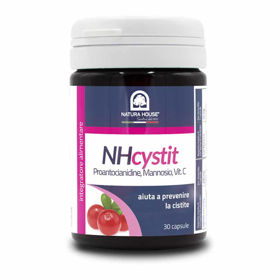Customer question:
Which antibiotic is used to treat cystitis? Question from an anonymous customer
Pharmacist's response:
Antibiotics are usually the first treatment and choice for urinary tract infections. Your medical condition and the type of bacteria in your urine determine which antibiotic you need and how long you should take it.
The doctor will refer you to take a urine sample to confirm the presence of inflammation in the bladder. Then they will grow the germs in a petri dish in the lab for a few days to find out what type of bacteria they have. Which medicine and dose you get depends on whether your infection is complicated or uncomplicated.
"Uncomplicated" means that your urinary tract is normal, and "complicated" means that you are suffering from a disease or problem of the urinary tract.
Some complicated states
You may have a narrowing of the ureters (ureters are the tubes that carry urine from the kidneys to the bladder), a narrowing of the ureter (which carries urine from the bladder out of the body), or a blockage such as a kidney stone or an enlarged prostate (in men). It is also possible that you have a urinary fistula or bladder diverticulum.
To treat a complicated infection, your doctor may prescribe more antibiotics. Suppose your cystitis is severe or the infection originates in the kidneys. In that case, you may even need to be treated in a hospital or doctor's office with high doses of antibiotics given by intravenous injection.
In case of inflammation, you will be prescribed one of the following antibiotics:
- amoxicillin/augmentin
- ceftriaxone
- cephalexin
- ciprofloxacin
- fosfomycin
- levofloxacin
- nitrofurantoin
- trimethoprim/sulfamethoxazole
Interesting reading: How does thyroid inflammation appear
Interesting reading: Sinusitis forum












 Facebook
Facebook
 Instagram
Instagram
 info@moja-lekarna.com
info@moja-lekarna.com

